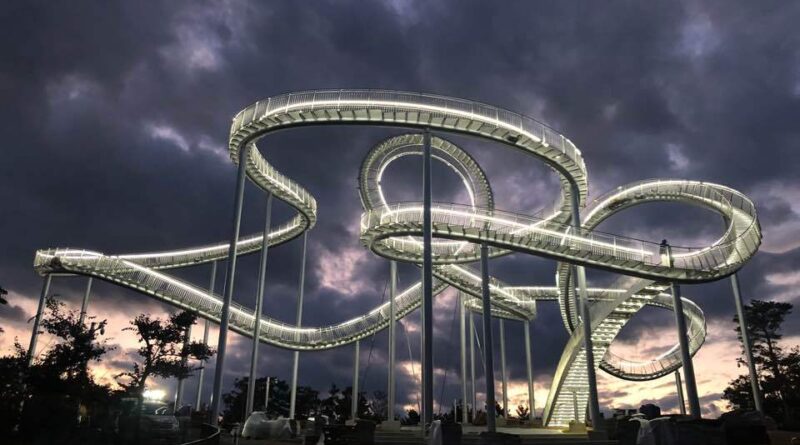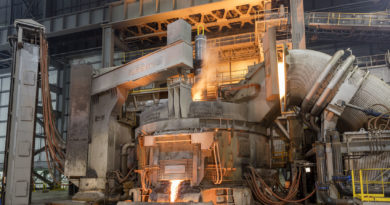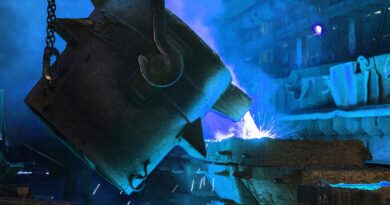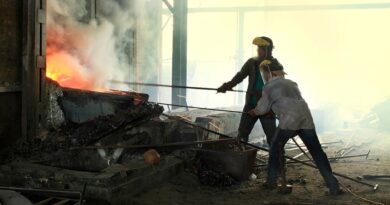Korea’s Posco plans $28bn Australia green H2 investment
South Korean steel producer Posco intends to produce green hydrogen in Australia from renewables such as solar and wind power, with the hydrogen to be subsequently converted into ammonia and exported globally.
The conglomerate is looking to expand the scope and scale of its investment in Australia from steel raw materials to renewable energy, hydrogen and green steel, the firm’s chairman Choi Jeong-Woo said on 30 November.
The firm plans to invest $28bn in hydrogen production, which includes renewable energy generation and electrolysis. Another $12bn will be invested in green steel for a planned total investment of $40bn by 2040. Posco has also invested over 4 trillion South Korean won ($3.08bn) in Australia to develop resources such as iron ore, lithium, and nickel.
Posco also plans to use the green hydrogen to produce hot briquetted iron (HBI), a raw material from iron ore processing. The firm’s unique hydrogen-reducing steel technology HyREX will be applied to expand the production of slab, a semi-finished steel product. Posco is “striving to develop hydrogen-reducing steel that emits water instead of CO2 when producing steel,” Choi said.
Posco picked Australia to develop clean hydrogen capacities because of its large land area, abundant solar and wind resources, and advanced laws and systems.
“The Posco group’s business and investment plans in Australia are consistent with the policy direction the Australian government is pursuing,” Australian prime minister Anthony Albanese said.
Hydrogen partnerships between South Korea and Australia are commonplace, with a consortium of South Korean firms in September setting up a venture in Australia’s Queensland state.
Posco is also collaborating with Saudi Arabia for hydrogen and ammonia production. The steelmaker, South Korean state-utility Kepco and three other South Korean firms have partnered Saudi Arabia’s sovereign Public Investment Fund (PIF) for Hydrogen and Amonia project with a 1.2mn t/yr production capacity in the Middle Eastern country.




